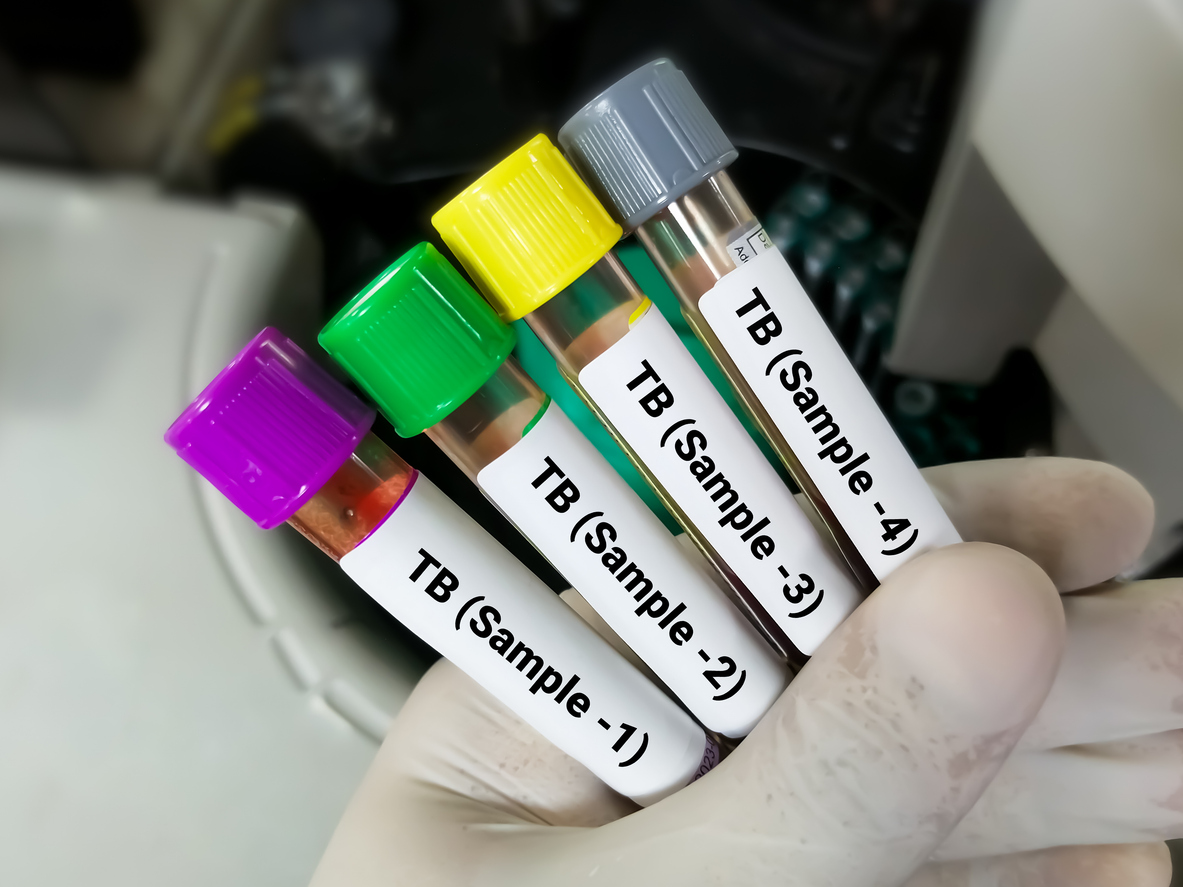2024-03-22
Pulmonary tuberculosis and tuberculous meningitis
Neurology
The bacterium Mycobacterium tuberculosis, the causative agent of tuberculosis, is primarily a respiratory pathogen, but it can also spread to other organs, including the brain and meninges, causing tuberculous meningitis. What are the immunological mechanisms that lead to differential localization of infection? Here, researchers characterized antibody profiles across blood and brain compartments during tuberculous meningitis, and determined whether Mycobacterium tuberculosis-specific humoral immune responses differed between pulmonary tuberculosis and tuberculous meningitis. In people with tuberculous meningitis, the researchers identified specific cerebrospinal fluid antibody profiles that marked a unique, compartmentalized humoral response against Mycobacterium tuberculosis.

Last press reviews
Cinnamon: more than just a spice?

By Ana Espino | Published on December 12, 2025 | 3 min read<br>...
Pneumothorax: surgery or patience?

By Ana Espino | Published on December 11, 2025 | 3 min read<br>...
Cabotegravir and pregnancy: a winning combination or a risky gamble?

By Ana Espino | Published on December 10, 2025 | 3 min read<br>...